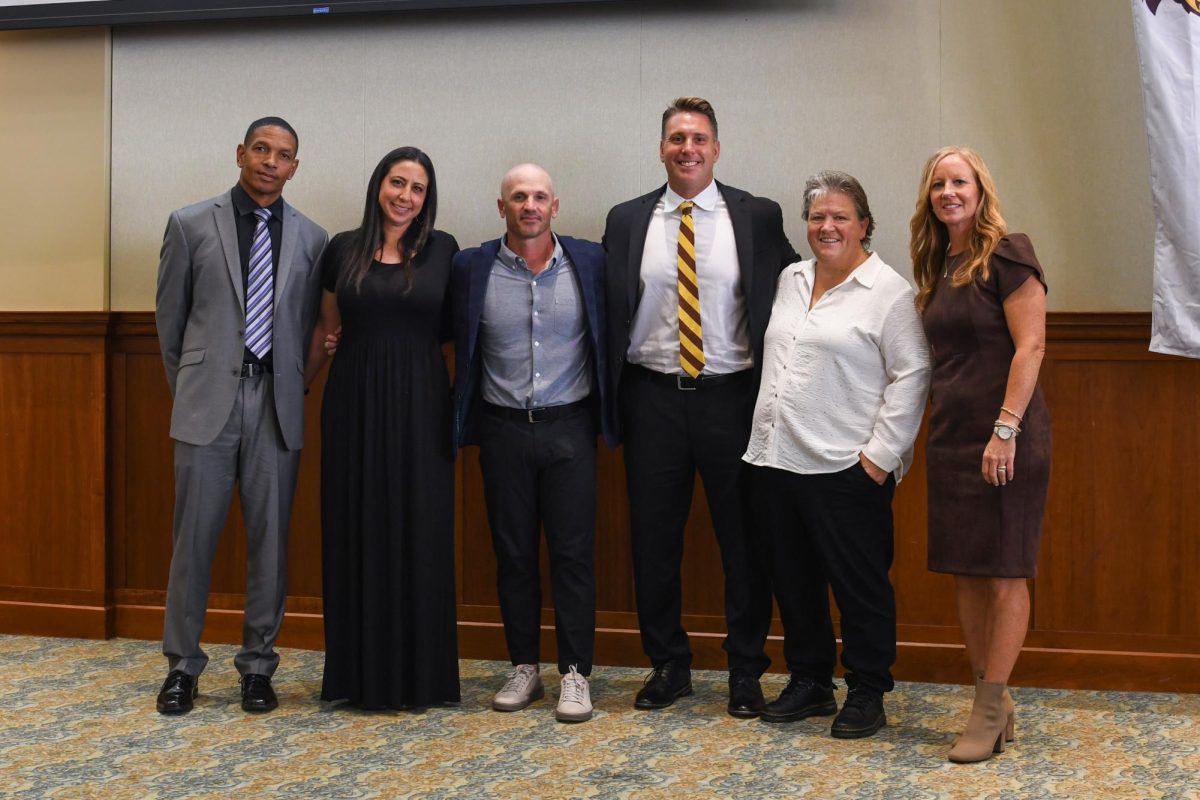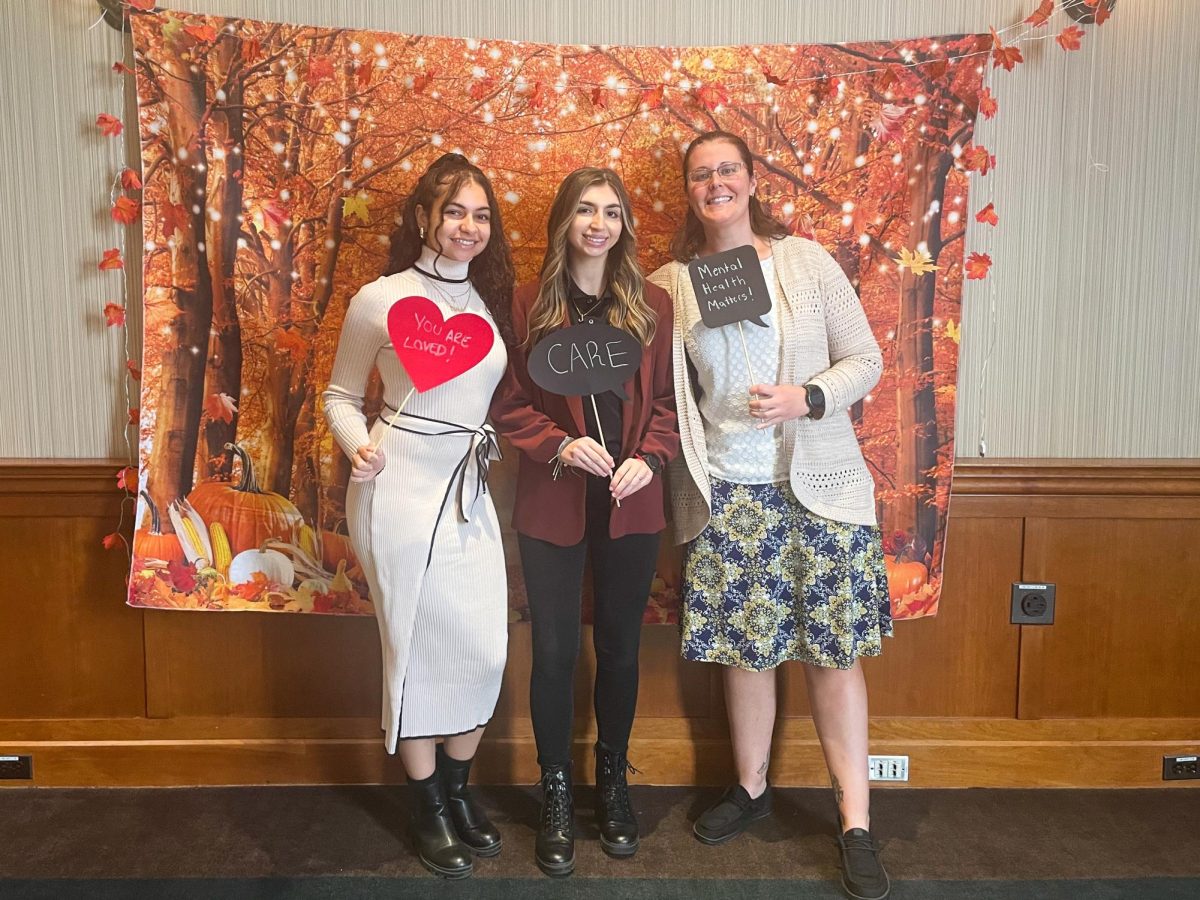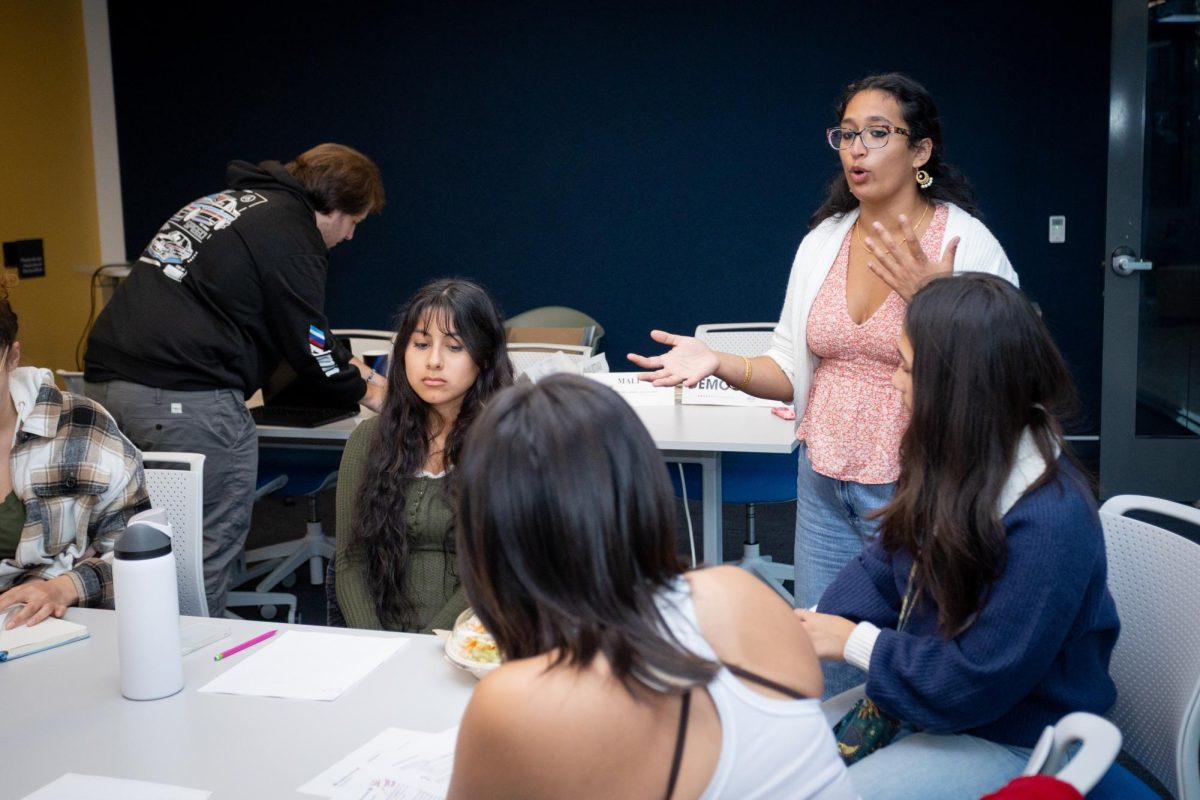Mental health is an important topic for any person to discuss and understand, including college students. Rowan University held its 7th annual Student Mental Health Conference.
This conference’s goal is to spread awareness of the problems that college students face in their day-to-day lives. Whether someone is dealing with financial hardships, social anxiety, or academic issues, their problems are important and should be recognized and addressed.
“I think that there is no college student you’ll ever meet that doesn’t deal with something mental health-related. I think that’s important because that is what determines their success and level of ability to thrive in this environment,” Nardin Salib, a graduate coordinator at the Wellness Center said.
Amongst the many presenters at the mental health conference, Sidney Toussaint, a Rowan student, talked about understanding and navigating seasonal depression, which is a component of mental health.
According to the National Institute of Mental Health, seasonal depression, also known as seasonal affective disorder, is described as a type of depression characterized by a recurrent seasonal pattern, with symptoms lasting about 4-5 months out of the year.
“Mental health means the positives and sometimes the negatives of navigating through everyday life. Waking up every day and choosing to be the best version of yourself,” said Toussaint. “Understanding that may come with bad days but overcoming them in general is what mental health means to me.”
People seem to be uncomfortable confronting their internal issues within themselves and what others might think of them. In reality, it is okay, even encouraged, to talk about these things so that people who may be going through or have gone through the same problems can have ways to solve them effectively.
An example of this is Toussaint, who wanted to share her story because she felt like many others could resonate with it.
“Most of my friends, we all went through that weird transition coming in so early into college and then getting struck in the middle of our undergraduate year with COVID. That definitely impacted our mental health,” Toussaint said.
There are many avenues students can take to better their mental health such as talking to someone who can help and guide them on the right path.
“Closed mouths don’t get fed. So if you are going through something, make sure you are talking to somebody and reaching out to seek the resources that we have available to you,” Salib said. “No one needs the mental health resources for you but you.”
For comments/questions about this story DM us on Instagram @thewhitatrowan or email [email protected]



































































































































































































